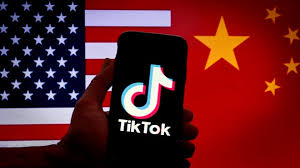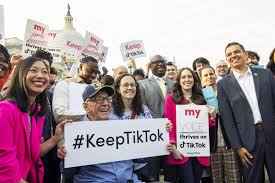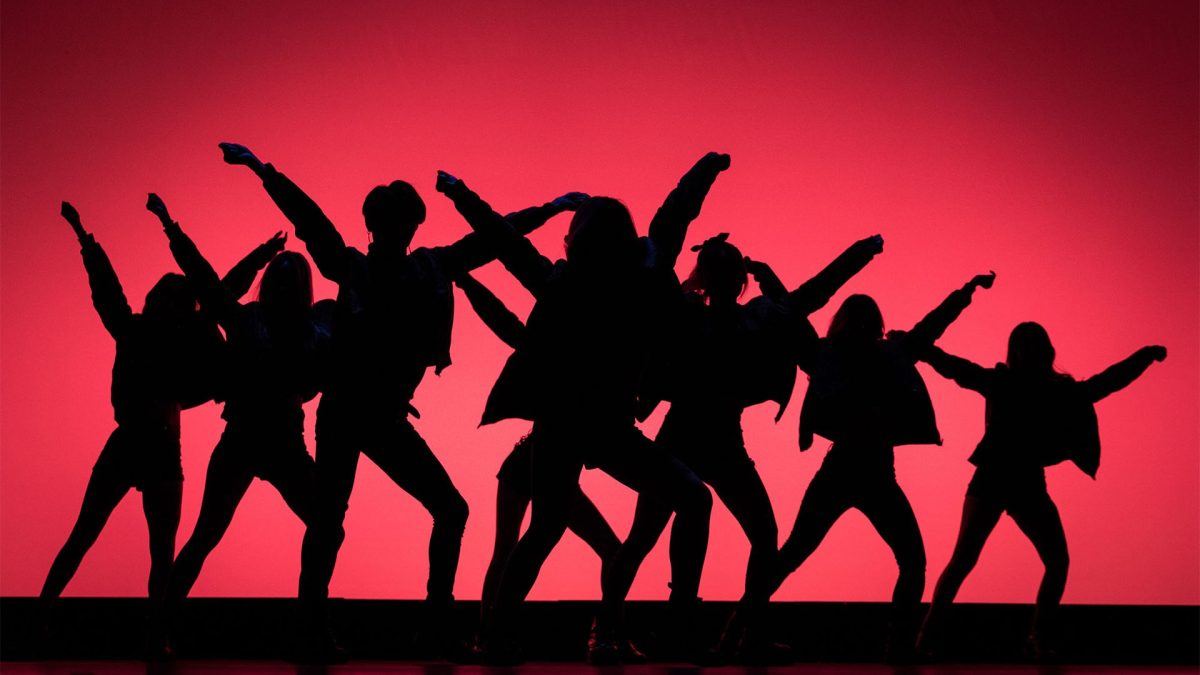
In a landmark legal battle that underscores the collision of modern technology and national security concerns, Tik Tok, the wildly popular video-sharing app, has filed a lawsuit against the United States government for banning its operations within the country. The move comes as tension escalates between the tech giant and Washington. The main concern is over data privacy and national security.
The dispute between Tik Tok and the U.S. government dates back to 2020 when the Trump administration issued executive orders aimed at banning the app, citing national security risks due to its Chinese ownership by ByteDance. The orders alleged that Tik Tok could possibly put sensitive user data at risk by making it available to to the Chinese government. TikTok denied this claim.
Tik Tok, with its user base mostly made up of young adults and teenagers, quickly became a cultural phenomenon, with its short-form videos capturing the attention of millions worldwide. However, its rapid rise also attracted worry and questions from policymakers. There were concerns about the security of user data and the app’s potential influence on American youth.

The legal battle between Tik Tok and the U.S. government intensified as the company sought to challenge the ban in court, arguing that it was unconstitutional. Tik Tok said that there is no substantial evidence to support the claims of national security threats.
In response to the ban, Tik Tok took several steps to address security concerns, including restricting its operations, forming partnerships with American companies, and implementing more strict data privacy policies. However, these efforts failed to sway the U.S. government, which remained determined to remove Tik Tok from American app stores across the country.
The legal battle took a significant turn when Tik Tok filed a lawsuit against the U.S. government, alleging that the ban violated its constitutional rights and amounted to unjustified government overreach. The lawsuit argued that the ban not only harmed Tik Tok’s business interests but also infringed upon the free speech rights of its users, who relied on the platform to express themselves and connect with others.

The outcome of Tik Tok’s lawsuit against the U.S. government remains uncertain, with legal experts divided over the case. The case raises fundamental questions about the balance between national security and the protection of individual rights.
As Tik Tok continues to fight for its survival in the United States, the case serves as a cautionary tale for tech companies. The outcome will not only shape the future of Tik Tok but also have far-reaching implications for the broader tech industry and the rights of users worldwide.













